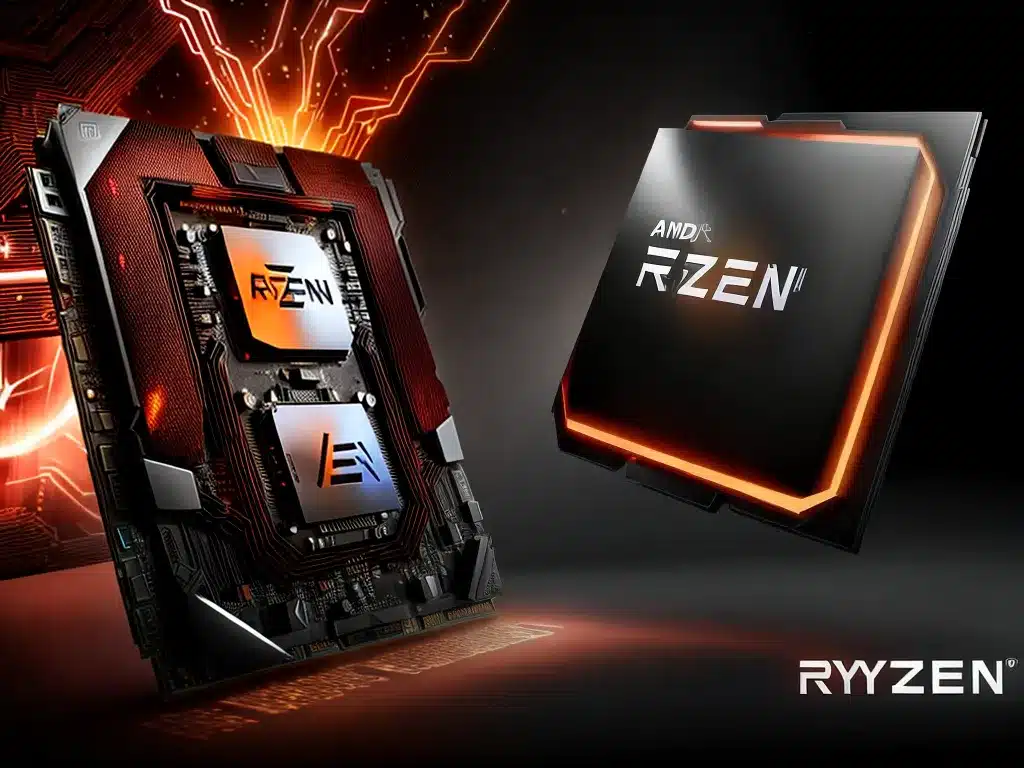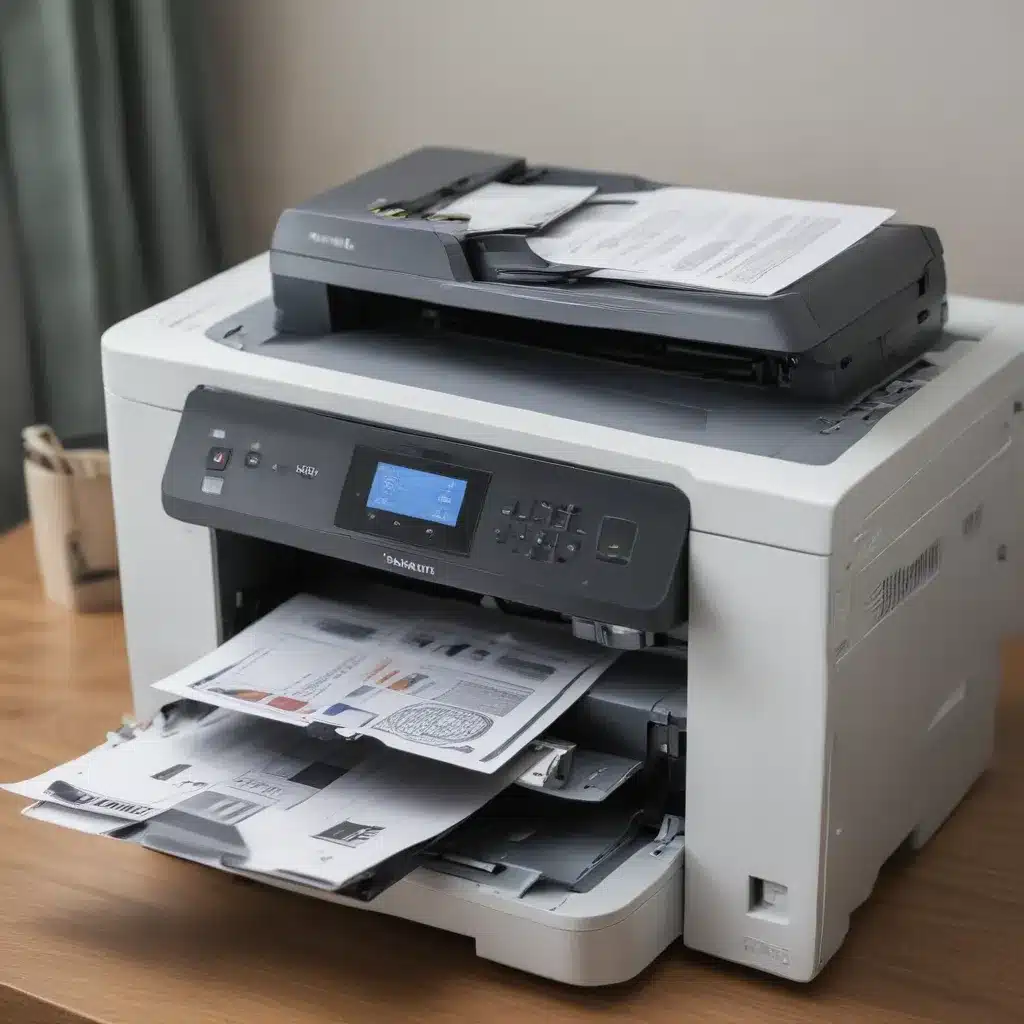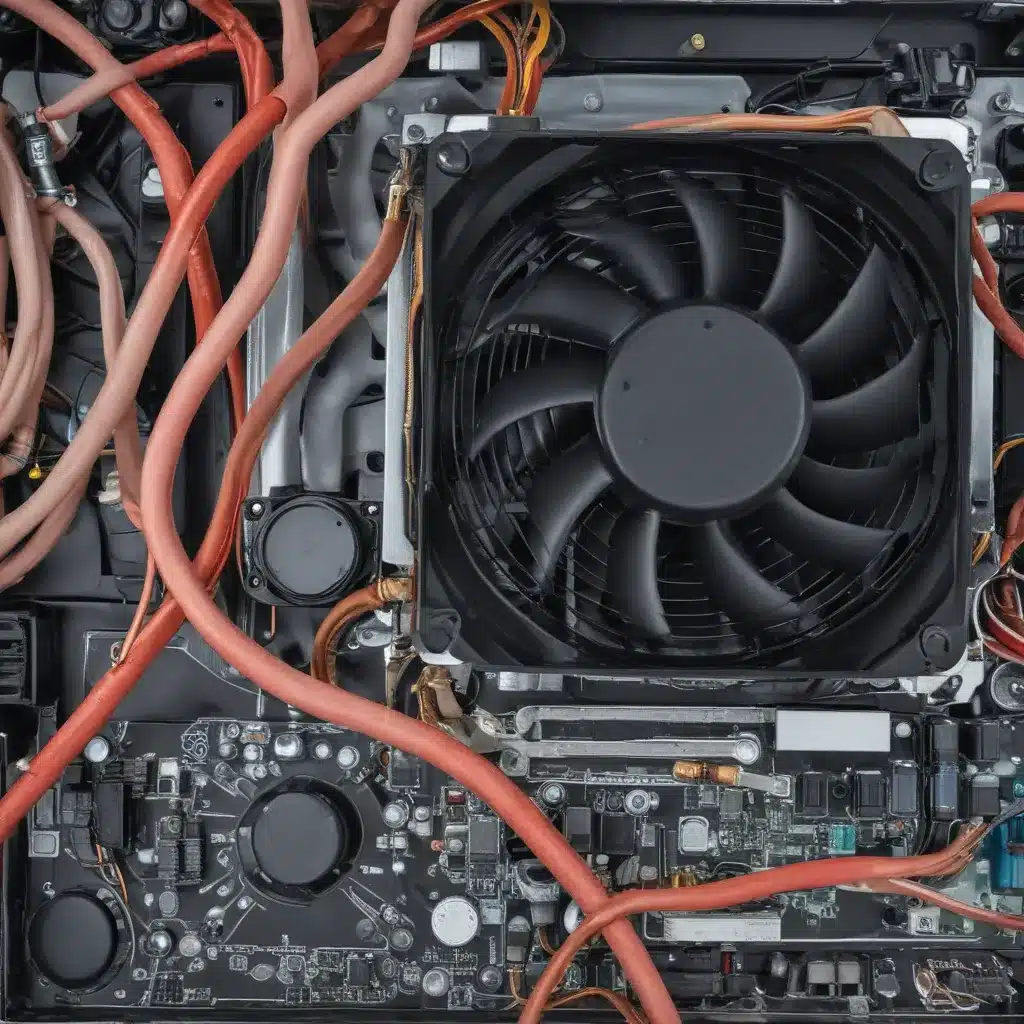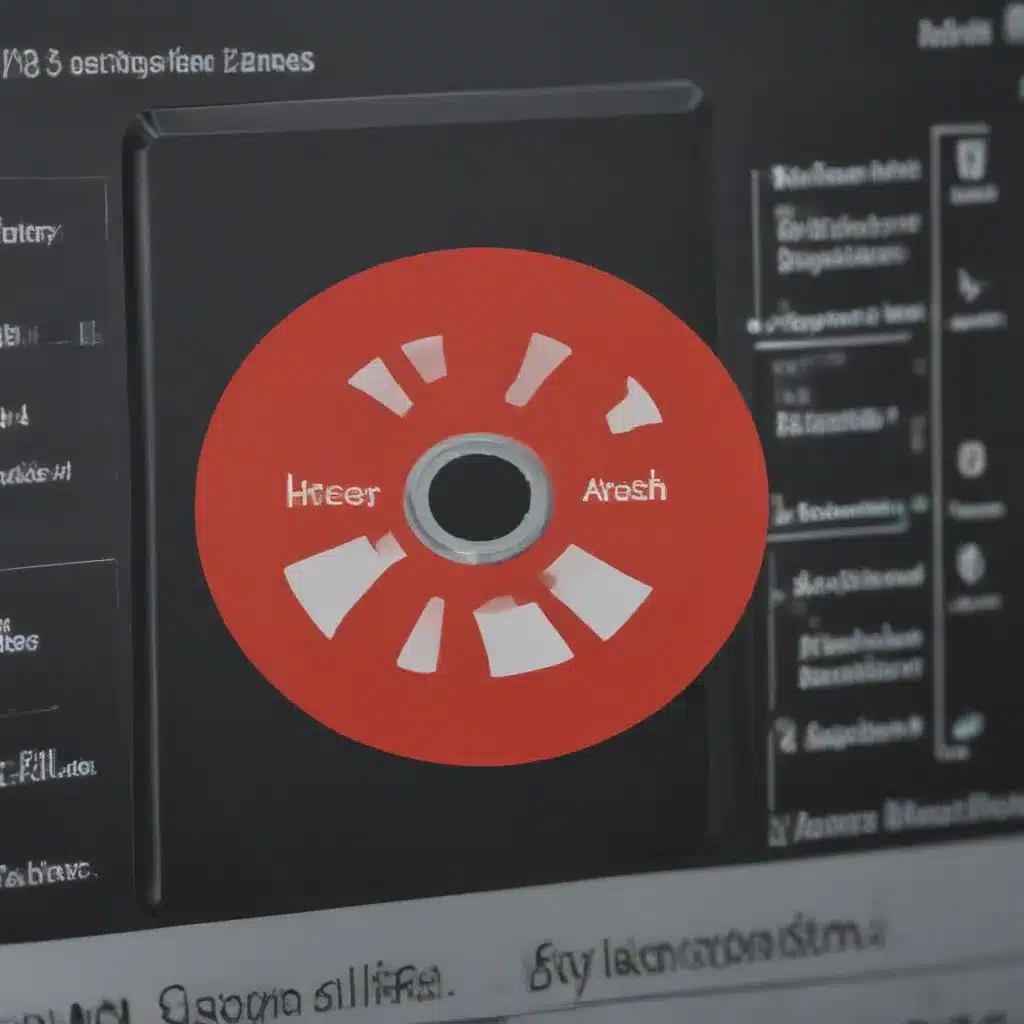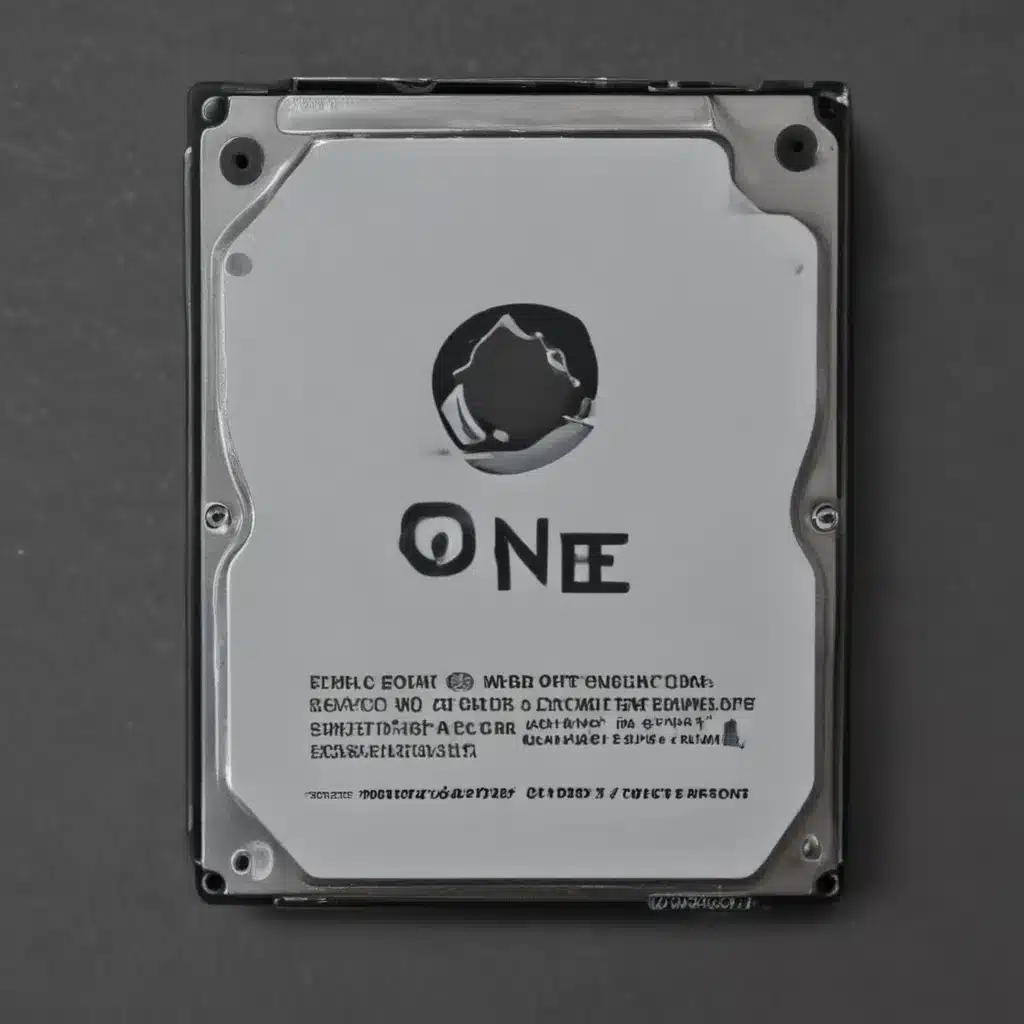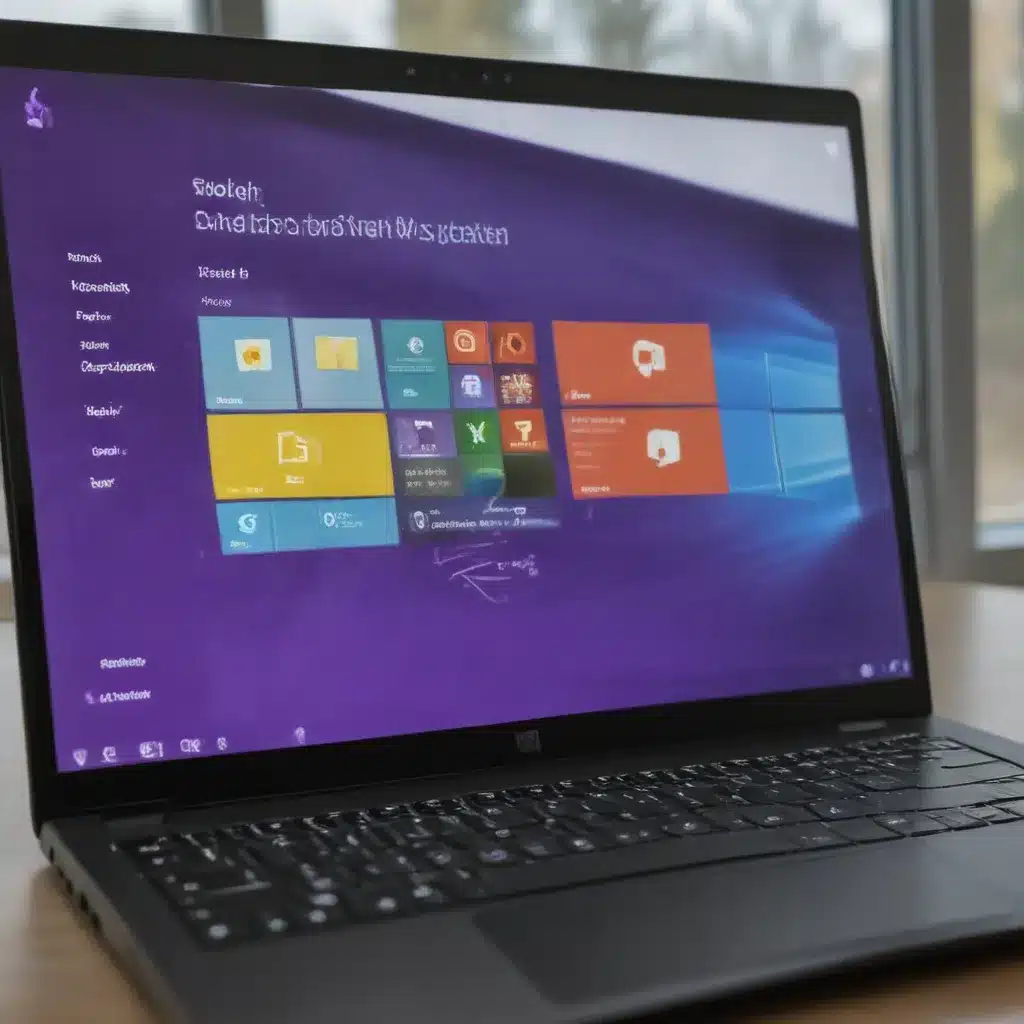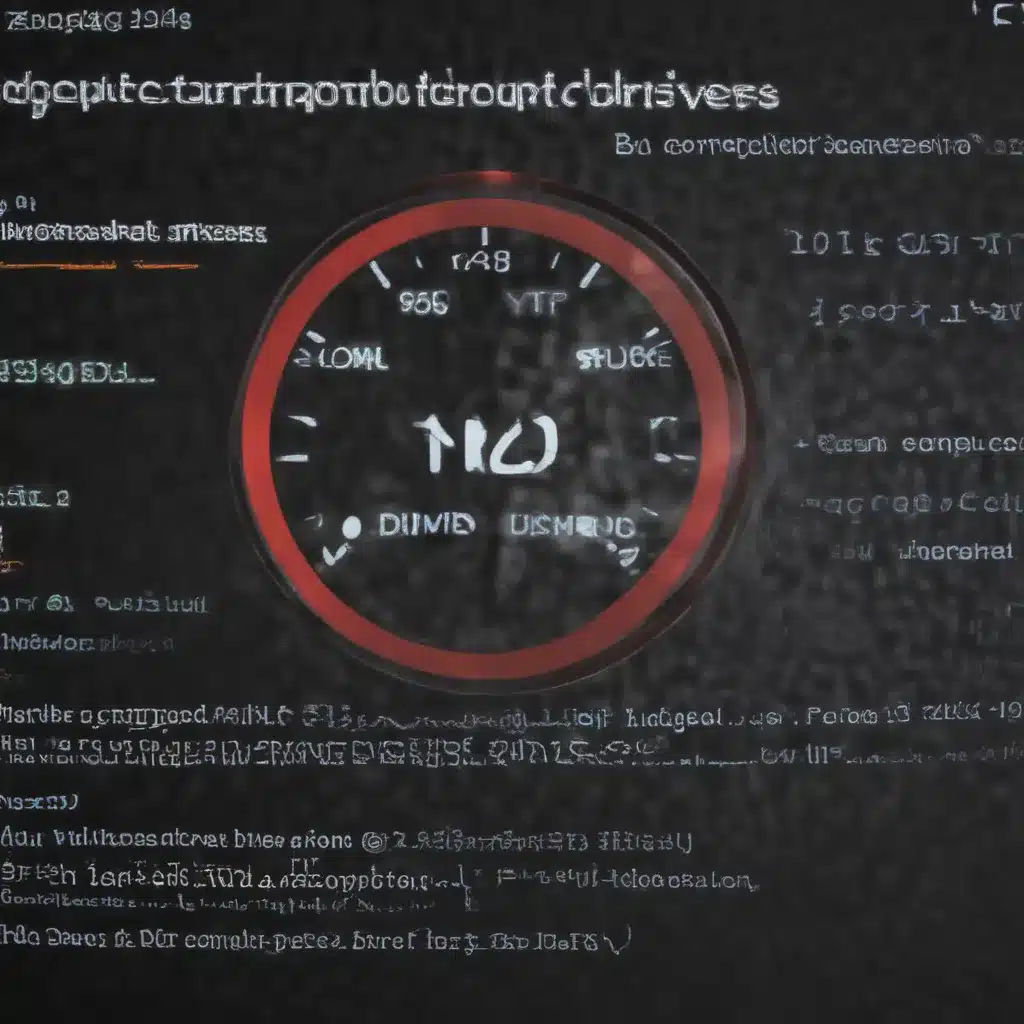AMD Unveils Ryzen 7000 CPUs: Up to 16 Cores, 5.7 GHz Boost, and Over 15% IPC Increase
AMD announced its newest generation of Ryzen desktop processors at CES 2022, the Ryzen 7000 series. As the first desktop chips based on the Zen 4 architecture, these CPUs bring substantial performance improvements and new technologies while maintaining backwards compatibility with existing AM5 motherboards. Here’s an in-depth look at what the Ryzen 7000 series offers:
Key Specs and Architecture Details
The Ryzen 7000 CPUs are built on an optimized 5nm process node with the new Zen 4 architecture. This delivers:
- Up to 16 cores and 32 threads on the flagship Ryzen 9 model
- Clock speeds boosted to 5.7 GHz on the top boost frequency
- Over 15% increased instructions per cycle (IPC) compared to previous generation
The improved IPC comes from redesigned Zen 4 cores with double the L2 cache per core (1MB vs 512KB) and an optimized floating point unit.
AMD is also introducing DDR5 memory and PCIe Gen 5 support on the new AM5 platform for faster transfer speeds. The Ryzen 7000 platform remains backwards compatible with existing AM4 coolers.
Model Lineup and Positioning
There will be four models available at launch:
- Ryzen 9 7950X – 16 cores, 32 threads, up to 5.7 GHz boost
- Ryzen 9 7900X – 12 cores, 24 threads, up to 5.6 GHz boost
- Ryzen 7 7700X – 8 cores, 16 threads, up to 5.4 GHz boost
- Ryzen 5 7600X – 6 cores, 12 threads, up to 5.3 GHz boost
The Ryzen 9 and 7 chips are aimed at high-end gaming and creative workloads, while the Ryzen 5 offers a more affordable option for mainstream users. AMD is pricing these chips competitively with Intel’s 12th Gen Alder Lake lineup.
Gaming Performance
According to AMD’s own internal benchmark testing, the Ryzen 7000 series delivers:
- Up to 29% better 1080p gaming performance in a comparison between the Ryzen 9 7950X and Core i9-12900K
- Avg 59% higher frame rates across select games vs. the Ryzen 5950X on the older Zen 3 architecture
This gaming advantage comes from the increased clock speeds, IPC gains, and large L2 + L3 cache available on the chips. AMD focused on boosting single-threaded performance, which benefits high fps gaming.
Independent third-party gaming benchmarks will be needed to verify these claims once the CPUs officially launch.
Content Creation and Productivity
For creative and productivity workflows, AMD is touting:
- Up to 45% faster video encoding in tests of the 7950X against the Core i9-12900K
- Up to 15% better performance in 3D modeling and CAD software like Blender, Maya, and Solidworks
The extra CPU cores, memory bandwidth, and PCIe Gen 5 support contribute to these content creation wins. Power users in fields like video production, 3D rendering, programming, and more will benefit.
Overclocking and Thermals
While official TDPs are 105-170W depending on model, AMD says the 7000 series has up to 25% better thermals versus previous generation. This allows more aggressive overclocking.
During demonstrations, AMD overclocked:
- The 7950X to 5.5 GHz across all 16 cores
- The 7700X to 5.2 GHz on all 8 cores
A redesigned socket infrastructure with direct die cooling as well as the shift to 5nm manufacturing enables these high speeds. Real-world testing will determine max safe overclocks.
Launch Date, Pricing, and Expectations
AMD is launching the Ryzen 7000 desktop processors on September 27, 2022. Pricing ranges from $299 for the 7600X up to $699 for the flagship 7950X.
These CPUs compete directly with Intel’s Raptor Lake 13th Gen processors also coming this fall. Initial signs point to Ryzen 7000 winning on core count, efficiency, and raw multi-threaded performance, while Intel may retain a slight gaming lead.
Overall, the Ryzen 7000 series represents AMD’s largest generational leap in years for desktop. With an expected 15%+ IPC lift plus much faster clock speeds, these chips should establish AMD as the performance leader once again. Those building a new high-end PC have an exciting CPU choice coming up.

